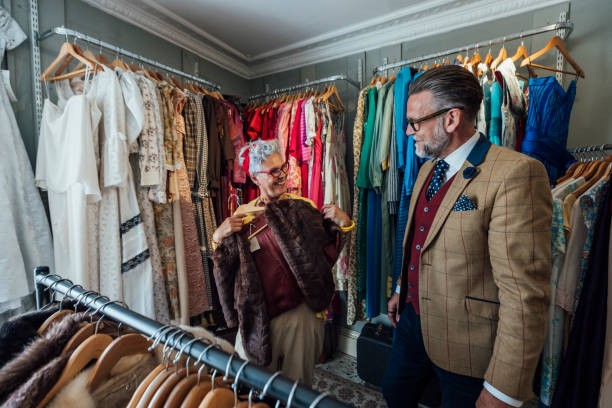A recent report by Power to Change reveals that towns that experienced riots last summer suffer from a “torn social fabric,” compounded by economic deprivation.
Using a Social Fabric Index developed by the Onward think tank, the study highlights the critical state of community cohesion in these areas.
Out of 27 towns where violence erupted, 23 recorded social fabric scores significantly below the median.
Among the hardest-hit areas were Hull and Middlesbrough, which saw violent incidents involving attacks on police and extensive property damage.
These towns are ranked lowest in the UK on key indicators such as employment rates, civic trust, and access to green spaces.
The Social Fabric Index evaluates factors like economic value, civic infrastructure, and physical assets to gauge community well-being.
Alarmingly, the findings show that many of these riot-affected areas lack the basic infrastructure needed to foster community resilience and integration.
Power to Change proposes a series of interventions to rebuild these fractured communities.

These include a £1.5m investment per community over 10 years, expansion of the community ownership fund to £1bn, and initiatives promoting community-led growth.
The report underscores the importance of creating spaces for interaction and rebuilding trust among diverse groups.
Examples like Stretford Public Hall in Manchester demonstrate the potential of community ownership to transform public assets into thriving hubs of activity.
Bought by residents, the hall now hosts programs that bring people together and enhance local cohesion.
Josh Westerling, the report’s lead author, calls for a shift from reactive policies to proactive, long-term strategies.
“Cohesion is the bedrock for empowerment and economic opportunity in places,” he asserts, emphasizing the need for a holistic approach that ties together community cohesion, empowerment, and growth.
The recommendations also include expanding English language education, introducing a community right to buy, and fostering contact between diverse groups, aiming to reverse the decline in communal spaces and rebuild the UK’s social fabric.

